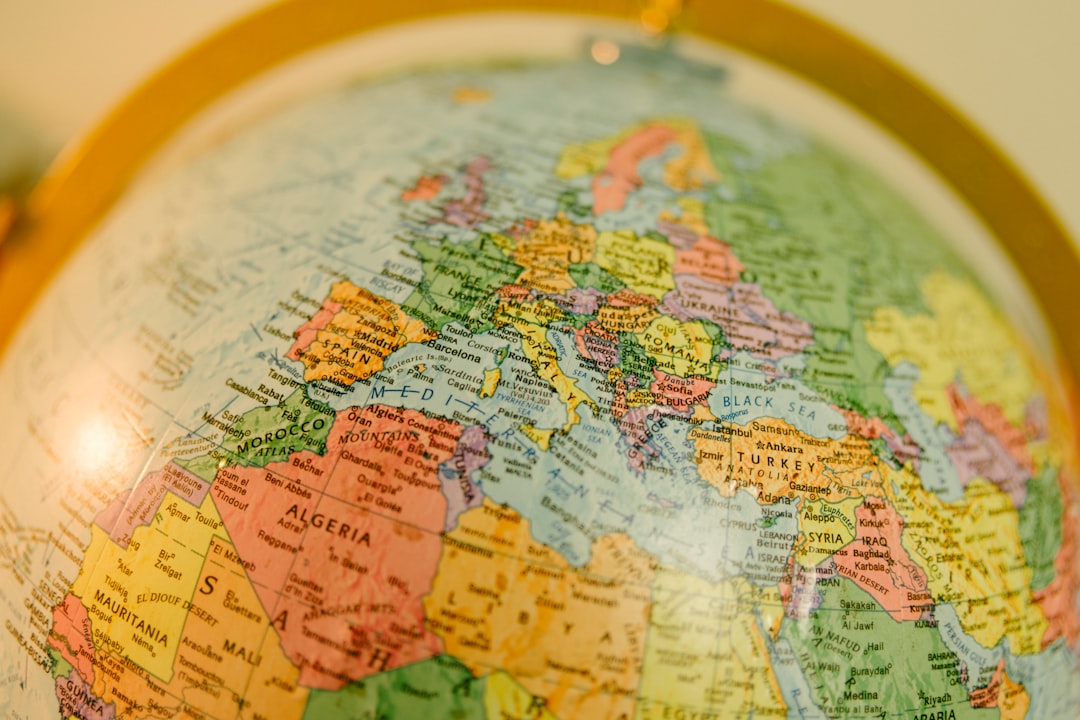Taiwan's Shifting Sands: Navigating Geopolitical Tides
Analysts examine the evolving strategies and challenges facing the island nation in a complex global landscape.

Taiwan, a vibrant democracy, finds itself at the epicenter of significant geopolitical shifts. International analysts are closely observing the island nation as it navigates a complex web of alliances, economic interdependence, and evolving security concerns. Recent developments suggest a dynamic landscape marked by both opportunities and vulnerabilities.
One key area of focus is Taiwan's relationship with the United States. The Biden administration has reaffirmed its commitment to Taiwan's defense, sparking considerable interest among strategists. The ongoing debate involves the nature and scope of this commitment, including discussions around arms sales, military training, and strategic communication. The actions of figures like Speaker of the House Kevin McCarthy will undoubtedly shape the future of the relationship.
Furthermore, Taiwan's economic ties with mainland China remain a significant factor. The Economic Cooperation Framework Agreement (ECFA) continues to influence trade and investment flows, but is also subject to political fluctuations. The actions of Taiwan's government in relation to its stance on economic ties, as well as the actions from Beijing will certainly influence future decisions.
Internal politics also play a crucial role. The island's upcoming elections are generating intense scrutiny, with different parties vying for influence. The stance of key political figures like Tsai Ing-wen and the emerging policies related to national identity, economic policy, and cross-strait relations are being assessed by a wide range of entities. These key elements all have the potential to dramatically shift future policy.
The role of non-governmental organizations and civil society in Taiwan also cannot be understated. Various groups are instrumental in shaping public discourse, advocating for specific policies, and fostering international connections. Their work helps Taiwan stay competitive and active in the world.
In conclusion, Taiwan's trajectory is being shaped by a multitude of intertwined factors. The nation is constantly learning how to work together with the various nations of the world. The careful balancing of its geopolitical relationships will determine the future path of this dynamic island nation.
Other Versions
Las arenas movedizas de Taiwán: Navegando por las mareas geopolíticas
Les sables mouvants de Taïwan : Naviguer sur les marées géopolitiques
Pergeseran Pasir di Taiwan: Mengarungi Pasang Surut Geopolitik
Le sabbie mobili di Taiwan: Navigare nelle maree geopolitiche
台湾の移りゆく砂:地政学的潮流をナビゲートする
대만의 변화하는 모래: 지정학적 조류 탐색하기
Nagbabagong Buhangin ng Taiwan: Pag-navigate sa mga Pagbabago sa Geopolitics
Тайваньские пески: Навигация по геополитическим приливам
ทรายที่เปลี่ยนผันของไต้หวัน: การนำทางกระแสน้ำภูมิรัฐศาสตร์
Những Cát Lún của Đài Loan: Điều Hướng Dòng Chảy Địa Chính trị

